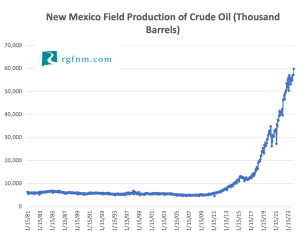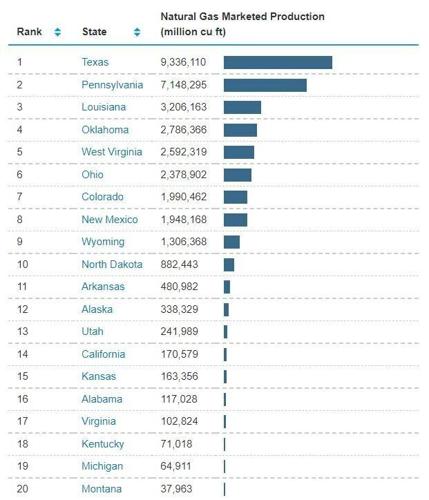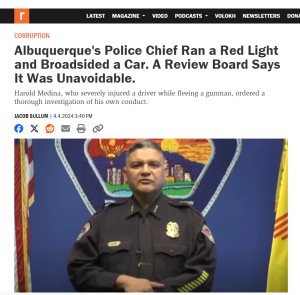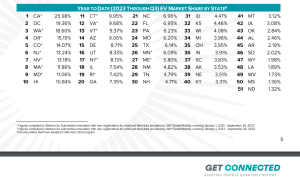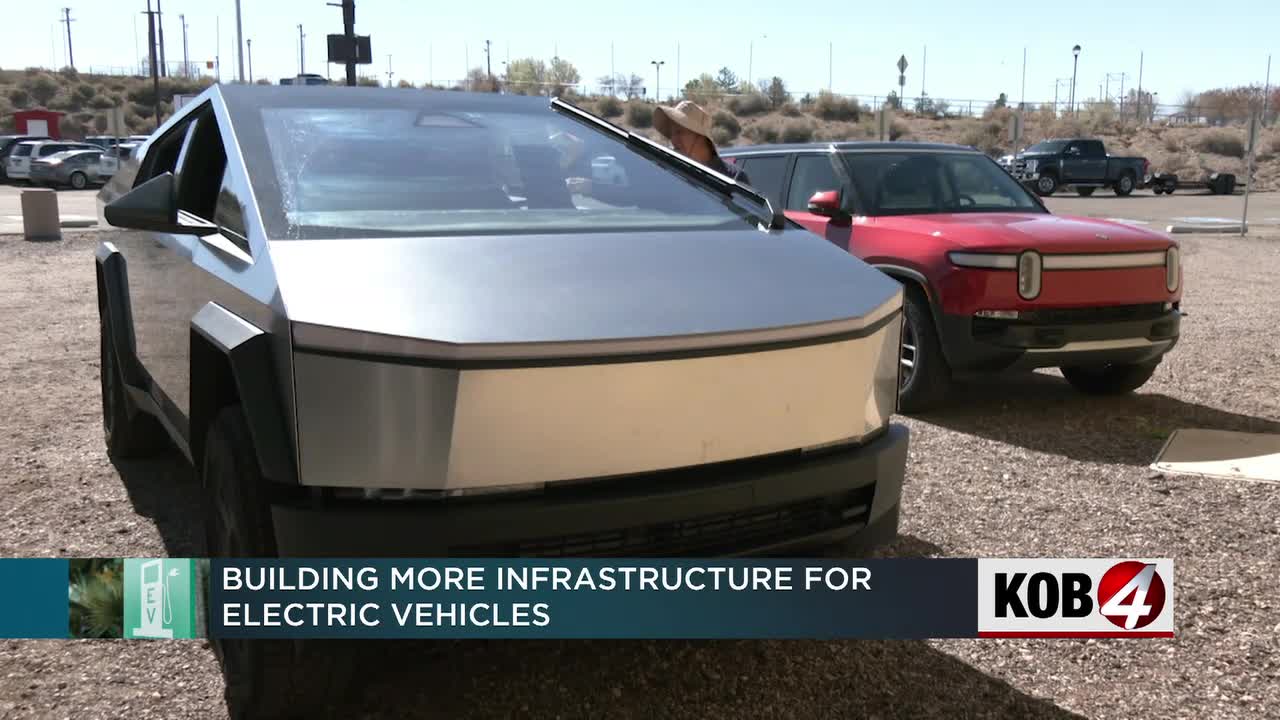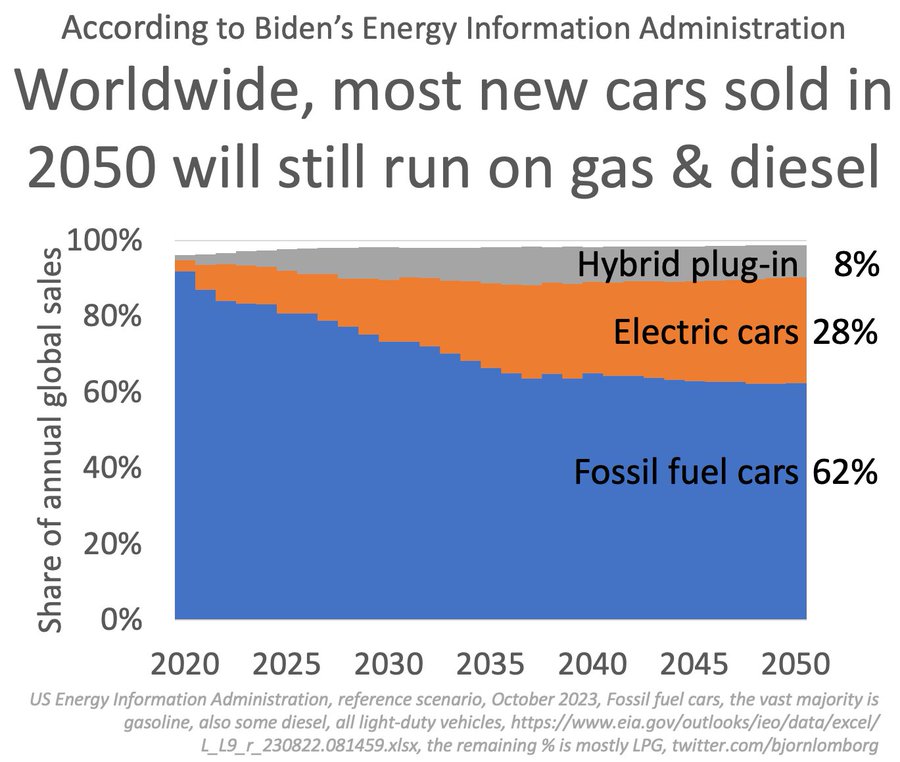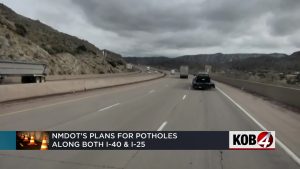The following appeared in the Albuquerque Journal on March 26, 2024.

Recently, Land Commissioner Stephanie Garcia Richard, after pushing the Legislature for a 25% tax hike on New Mexico oil and gas producers, made the decision to pull those “highly valuable” tracts of land and not lease them.
That decision has raised concerns that her actions may violate her fiduciary responsibility to maximize revenues from the lands under her control.
Garcia Richard told the Albuquerque Journal, “It’s worth it to temporarily forgo the dollars (from leasing immediately) to make billions more in the future by leasing out the land (at a higher rate).”
The New Mexico Legislature is currently very “progressive” by New Mexico’s historical standards with large Democratic majorities. What happens this November with all 112 seats up for election is anybody’s guess, but the likelihood of a new crop of legislators being willing to raise taxes on oil and gas producers is no sure bet.
Ironically, while Garcia Richard’s move conflicts with the Legislature’s policymaking authority regarding royalty rates, it represents a bet on the future of oil and gas. If the land commissioner thought oil and gas were going to be replaced by “renewables” or electric vehicles, she should be leasing state trust lands for whatever she could get.
But, based on both data and logic, Garcia Richard is correct: oil and gas remains a critical resource and its future is bright. In fact, the United States just hit another new crude oil production record. According to the news website Vox, U.S. oil production in 2023 hit 13 million barrels on average every day in 2023, an all-time record.
New Mexico’s ongoing production boom in the Permian Basin has been a big part of America’s record production. According to the Energy Information Administration in the record-setting month of December 2023, New Mexico saw 60 million barrels produced. That’s not just a record, it is a doubling of production since the end of 2019. While nothing can go on forever, New Mexico’s oil boom shows no sign of reversing.
Amusingly — and thankfully — the oil boom continues despite the overt hostility of the Biden and Lujan Grisham administrations. Their regulations, denial of permits, subsidies and mandates for alternatives, and other policies have failed to stem demand for American and New Mexican energy.
Sadly, New Mexico’s Democrat-controlled Legislature has bought into the misguided view that New Mexico’s oil and gas boom is going to come to an end soon. To prepare, rather than using the revenue boom to diversify the economy, Democrats who control both bodies and the governor’s mansion have been busy hoarding cash for a future when the oil and gas industry has played itself out.
And this is the ultimate problem with Garcia Richard’s strategy. Will New Mexico do anything worthwhile with the additional 5% royalty tax she so passionately supports? The state already has upwards of $43 billion in its various “permanent” funds. The annual general fund budget has exploded in recent years along with education spending, which accounts for by far the largest single share of that budget.
What do we have to show for it in terms of improved outcomes for our kids, a stronger economy relative to our neighbors, or even better roads and infrastructure? I’d argue that we haven’t gotten much.
The good news: Garcia Richard is betting on the oil boom continuing for years to come and she’s probably right. The bad news is that her demands for even more money are unlikely to be fulfilled and won’t benefit average New Mexicans even if they are.
